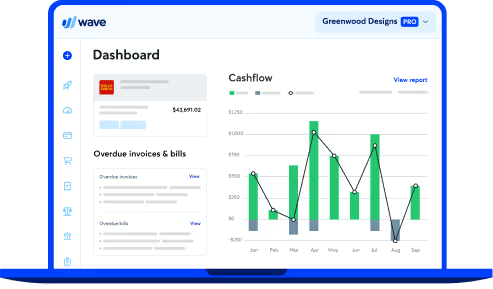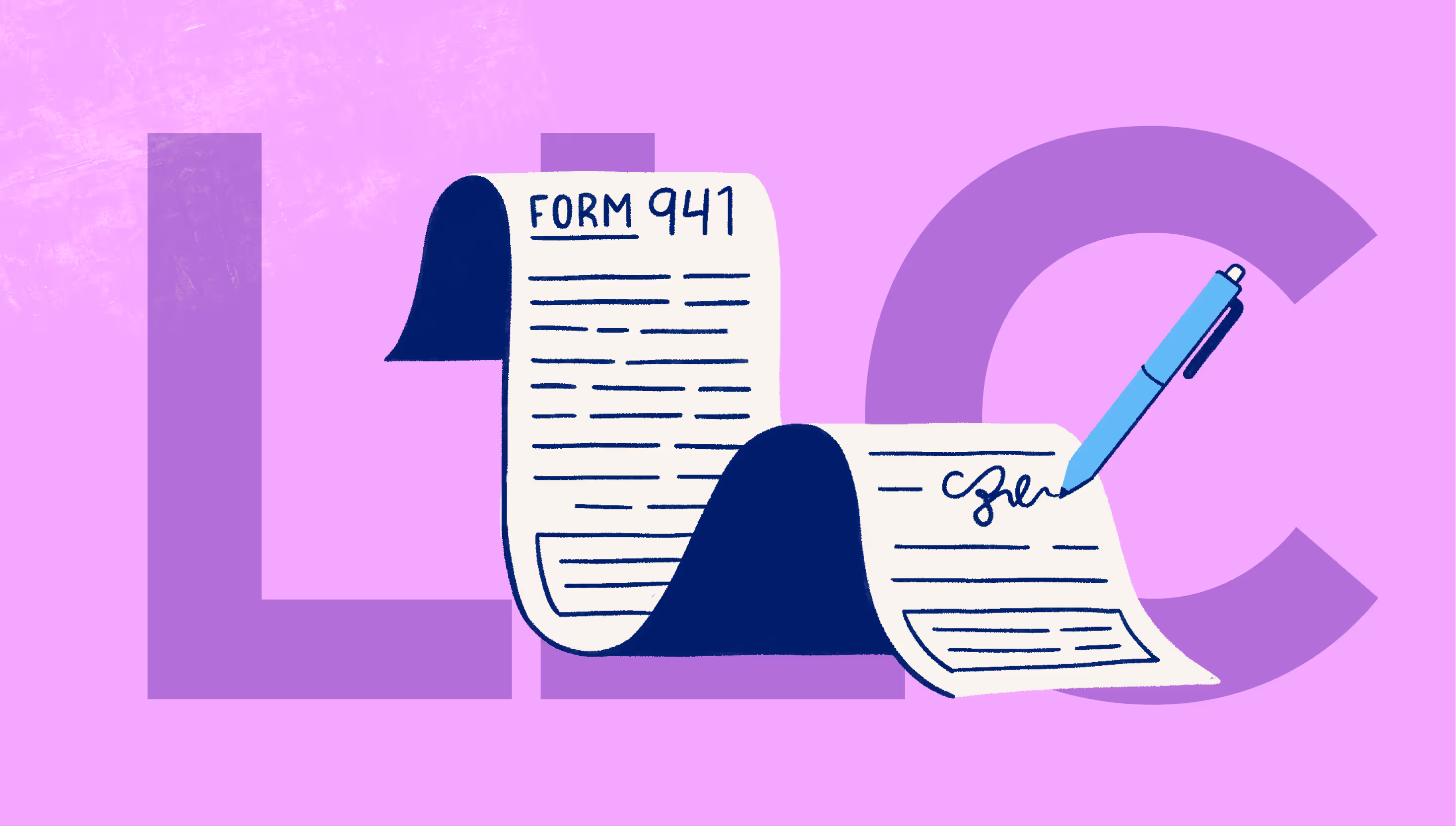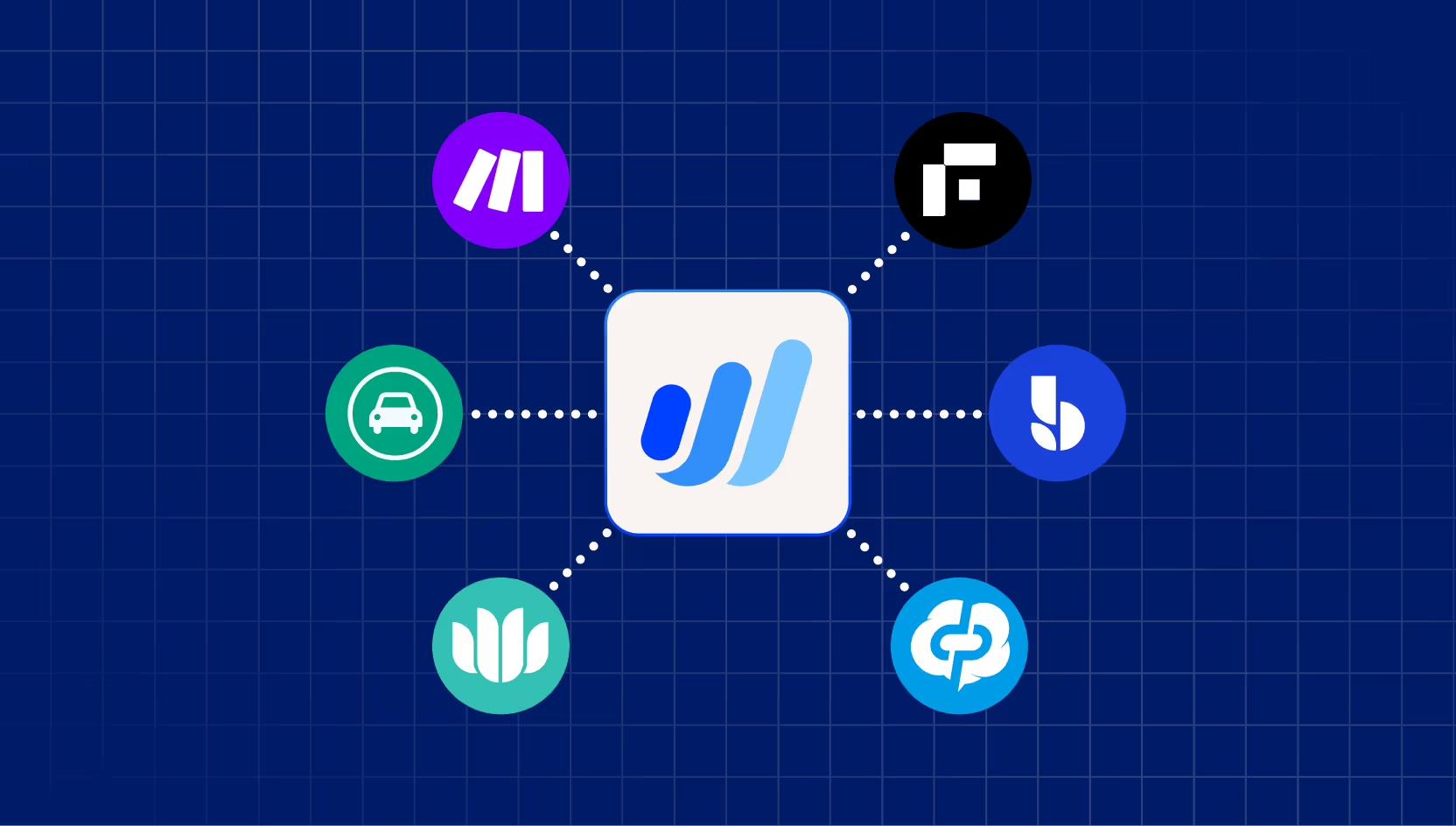Our newest posts
Browse by category
Manage your finances and streamline your bookkeeping, so you’re spending less time on paperwork and more time running your business. Be ready for tax time, too!
Getting paid in full—and on time—is essential to maintaining a healthy cash flow. Learn how to manage your customers’ payments and ensure your business is growing as planned.
If you take care of your team, they’ll take care of your business. We’ll show you how to create a workspace that fosters engagement and fuels success for the future.
Helpful tips on everything from running a smoother business to creating a better work/life balance—plus insights into productivity and inspiration.
Follow our latest product announcements and feature updates. Keep an eye on this page for employee initiatives and award announcements.




























































